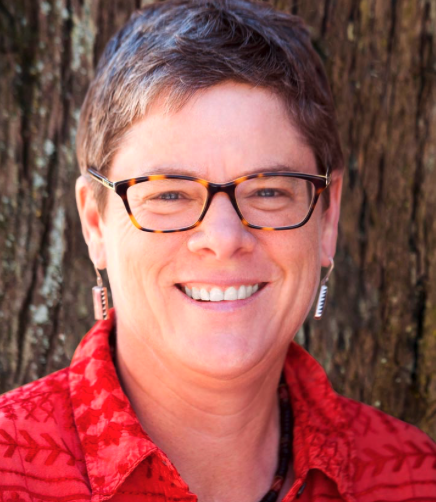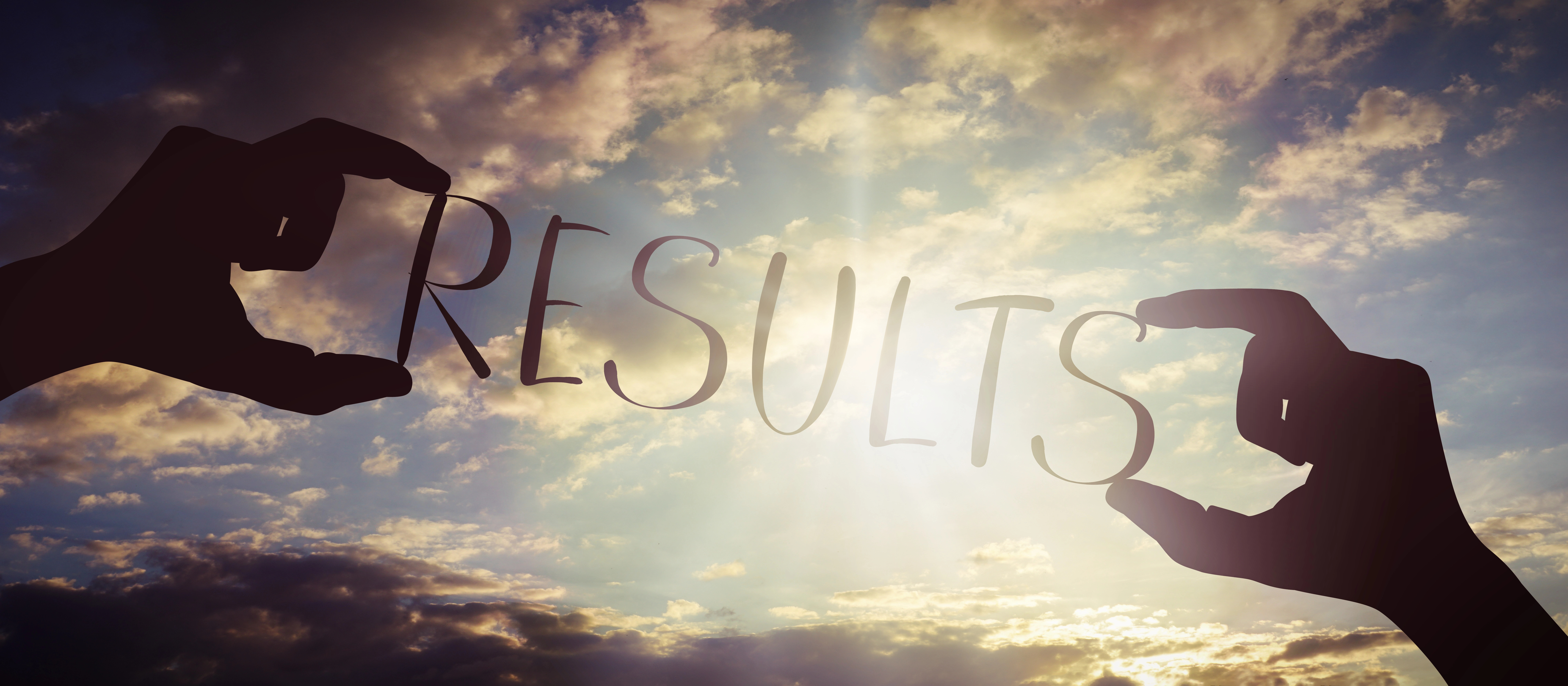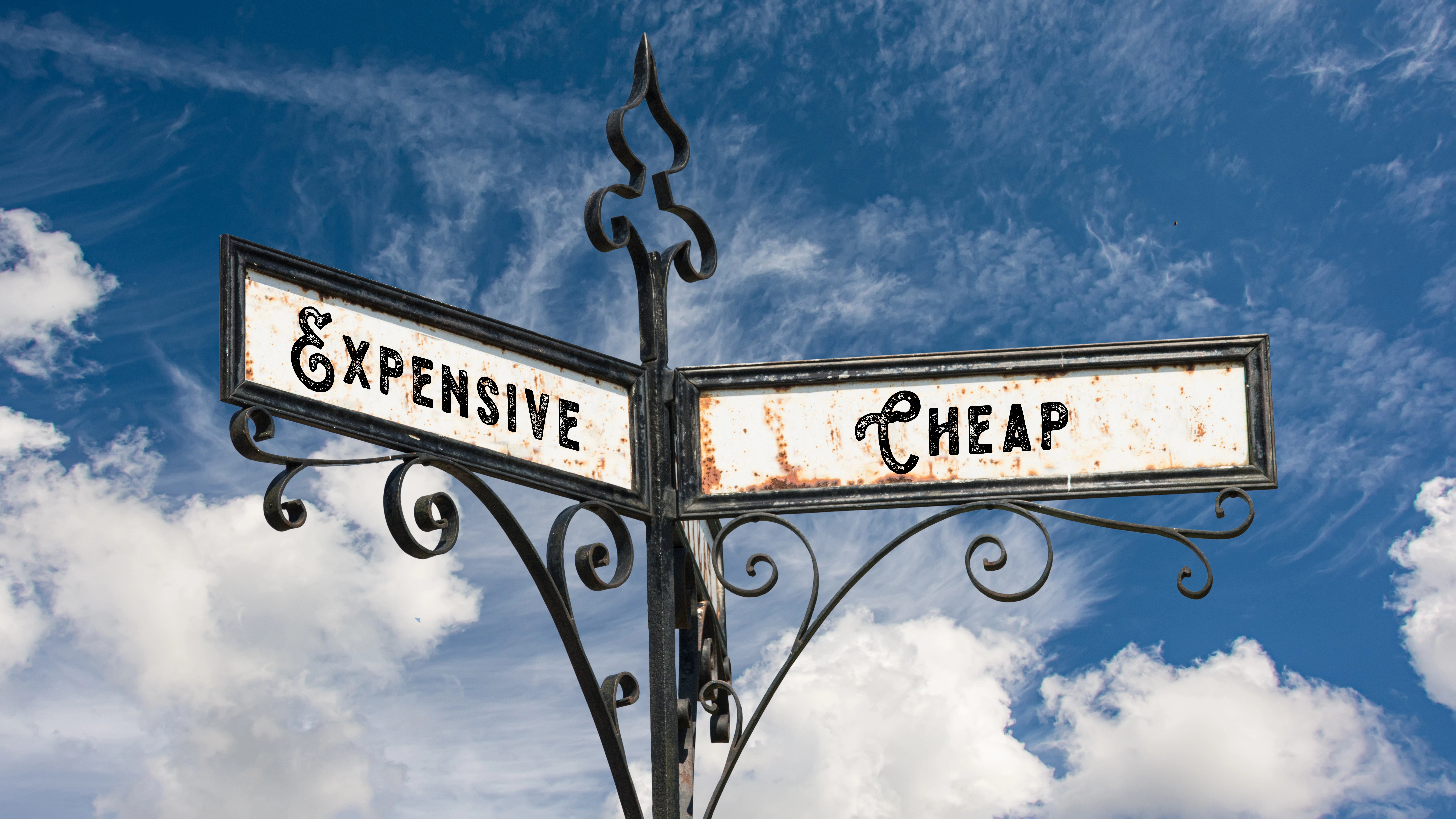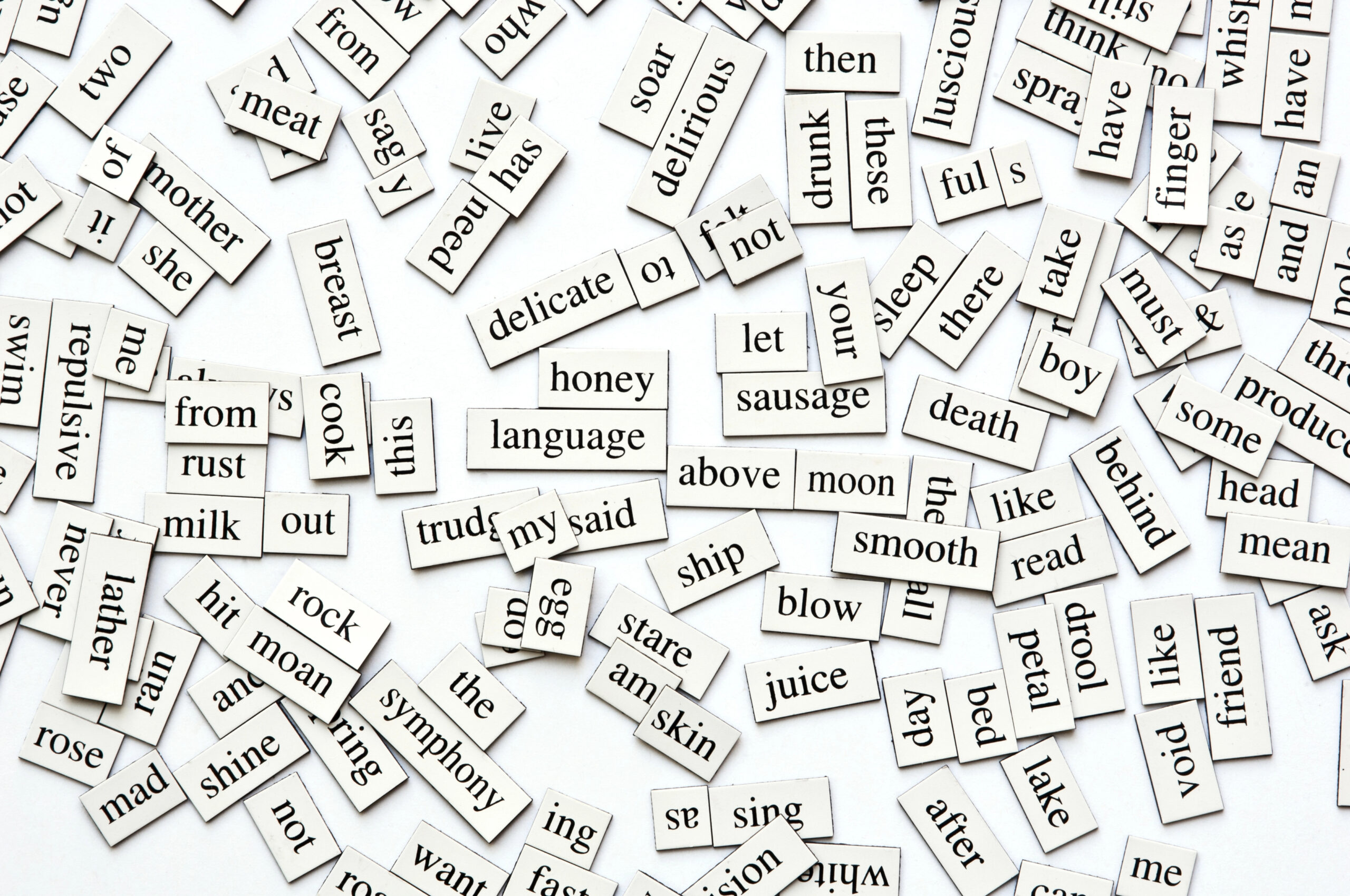 I’ve been thinking a lot about sovereignty and freedom lately, all arising out of a perfect storm. The emphasis on achieving freedom from many people I respect (and others I don’t) in the business world, colliding with my own struggles with strategic planning, and I knew I needed to dig into this.
I’ve been thinking a lot about sovereignty and freedom lately, all arising out of a perfect storm. The emphasis on achieving freedom from many people I respect (and others I don’t) in the business world, colliding with my own struggles with strategic planning, and I knew I needed to dig into this.
I was sitting in Palio Cafe with my friend Jim Brosseau, who founded Livin’ Spoonful (best raw crackers on the planet… forget that, the best crackers on the planet, period.) He’s a fellow Sufi, a former client, and a close friend. We get together once a month to support each other, Sufi-style, in our businesses.
After being sick off and on for nearly eight weeks, I was taking the luxury of complaining to Jim about how foggy I felt, how I felt like I had no strategic focus, that I didn’t know where I was going. He was patient with me, since none of that is really that true, but it certainly felt true.
The wonderful thing about Jim’s support is that he doesn’t offer answers. When questions come up like this, inevitably a quiet, reflective space of Remembrance is opened up, and that’s where the important insights come from.
What came to my heart was this realization: “There is no true freedom. You are always following something. The question is, what are you following?” It arrived with a huge sense of relief and spaciousness.
It’s been my most important realization in the past two years, which has been a two years of struggling with a learning curve around having a team, with trying to understand and incorporate strategic vision, with trying to bring some consistency and quality to things other than client services and sales.
You know, the things that people like Charlie Gilkey, Les Mckeown and Alexis Neely do without thinking about it, it’s my place of learning.
It may sound like I’m just ducking out, but I’m not. I’m still willing to do the hard work of planning out projects, of estimating capacity, of delegating a lot more than I’m currently doing. However, what I needed was a reminder that all of this doesn’t control the future. It doesn’t mean I’m the king.
Sufism has a concept called “vice regency.” Regent is another word for a sovereign ruler, and vice means I’m getting arrested. No, not that vice. Vice also means acting as a deputy for.
In direct contradiction to our freedom-loving culture, the truth is that freedom for the human being is an illusion. There is no freedom.
Why not? Why no freedom for us humans? It’s because we’re created as servants. We are happiest when we’re contributing, and we are at our best when we are in service to something.
Given too many choices, and too much freedom, we tend to freeze up. Think about Maslow’s Hierarchy of Needs. (You’ve probably seen this before.)
At the bottom of the pyramid you’re trying to survive physically. To put it another way, you are in service to your body. Next level up you’re still in service to your body, and to the people around you who can help strengthen your sense of safety.
In the middle of the pyramid you’re in service to your friends, your family and to your own needs around belonging and identity.
Nearer the top you’re in service to your own sense of self-respect and your identity. Then, finally, at the top of the pyramid you’re in service to a greater good, to a larger contribution, and to your own sense of meaning.
You’re always in service to something. Always.
The Turning of the Heart
In Arabic the word for heart is qalb and it literally means “to turn.” Sufism describes the spiritual understanding that the heart turns this way and that, now facing the world, now facing the Divine.
Your heart is a vessel, the human being is a vessel, empty in it’s original state, and full of whatever it faces in daily life, similar to how a mirror is full of whatever it faces. Take a moment now, what is your heart facing? That’s what you are in service to
The reason why trying to gain freedom is so challenging, and in fact impossible, is because your heart would need to be absolutely empty. And if it’s empty is that really freedom or sovereignty. Or maybe you’re just dead?
Who Is More Free?
Take a look at the world around you. Who is doing the most powerful work? Who are your role models? Who is making an impact?
You may notice that it’s the people in service to a vision, to a cause, to a purpose greater than themselves. They’ve chosen their loyalties.
And then take it a step further and notice that you do have some conscious choice about who or what you serve. That you can choose where your gifts play out.
This acknowledgement that we aren’t in control, that we are never truly free, is a powerful realization. Instead of struggling for freedom, you focus on where your conscious service is.
The Sufi Recommendation
Most spiritual traditions acknowledge that the world is an impermanent, ever-changing place. Anything you put yourself in service to in this world is liable to change.
So the Sufis recommend putting yourself in service to Source rather than anything that Source creates.
Take a moment here. What does it feel like to stop wrestling for control, to stop vying for freedom? To surrender to being a servant. That you aren’t in charge and never will be?
How does that feel? Breathe it in.
I’ve ranted on long enough. Your turn. What comes up for you around this?








10 Responses
This reminds me of an earlier post of yours (probably over a year ago, I can’t really remember) in which you talk about identifying your direction by identifying who you want to serve. That post lingers in my mind. And this one reminds me that your ideas about service as a defining principle of business really resonate with me.
In my own work, I have played with the idea of your best contribution which I think gets at a similar thing.
I, too, have had problems with some of the stuff about sovereignty and freedom. Mostly it brings up for me a kind of individualism that I associate with Americans (sorry, but there it is). A kind of uber-individualism that feels just too disconnected from society.
For me, humans are inherently social. Independence is a fiction. Usually a fiction built on the subordination of other people (e.g. women to take care of your children and your bodily needs so you can go out into the world to be your independent self). I am interested in how we live together in ways that are not self-effacing.
JoVE- Let me just say that no apology is necessary- that uber-individualism is built into the American culture- and it’s hurting us tremendously.
I was thinking about freedom a few weeks ago and realized that while I’ve always thought that freedom was my highest value, what I was thinking of when I said freedom was a form of sovereignty. In truth, the idea of freedom scares me. It is too big, too vast, too many choices. What I did want was the freedom to live my own life in service to the thing(s) I find most important (which was good to realize because that is not exactly what came to mind when I thought of freedom in general terms).
Beautiful, Elizabeth. Thank you for that.
Exactly – you said it more succinctly than I did below 🙂
I couldn’t agree more with all of what you said, especially the Sufi wisdom about “putting yourself in service to Source”. I’ve had a massive push from the universe in the last day (helped by Andrea Hess, no less, who I think you know or know of) to shift from doing what I’ve always done for a living (marketing) to serving Source through Accidental Seeker (my blog & future livelihood). So when you asked “how does that feel?” I wanted to answer:
It feels like coming home. It feels right on every level down to the deepest instinctive one. It feels like what I was meant to do and always already doing. It feels light and happy. And on the surface, to my ego, it feels scary but exhilarating, a little like when you’re waiting in line for a roller coaster. You feel fear but know you’ll enjoy the ride!
I agree when we are of service we are free. I think the problem with “freedom” is our modern definition of it; our assumption that it means a total absence of obligation to anything or anyone, when as you pointed out with Maslow we still have to eat, right? We’re still always in service to something – even if just our body on the most base level – to even exist.
Instead we could redefine freedom as service of choice, service in love. When we surrender to living the purpose born into our hearts with us is when we experience true freedom, but living that purpose won’t be without obligation. The irony of freedom is it takes apparent non-freedom (surrender) to achieve it, don’t you think?
Karen- I’m so glad that you are finding freedom- true freedom, which consists of surrendering – as you say. Sounds beautiful. I can feel it in your words. Congrats!
Thank you again Mark for another great post. I’m not certain that I could handlw freedom if there was a way it could be offered to me. Actually, I;m not certain that I have any real comprehension of what it means.
The one thing I do know though, is that if I go into a car park and have only a limited choice of places to park, I am decisive and get into a space first time. If, however, I have the freedom of lots of places, suddenly I don’t know where to go and I seem to lose my ability to reverse into a space!!
This is my metaphor for having respect for freedom. 🙂
Thanks Mark
Great post!